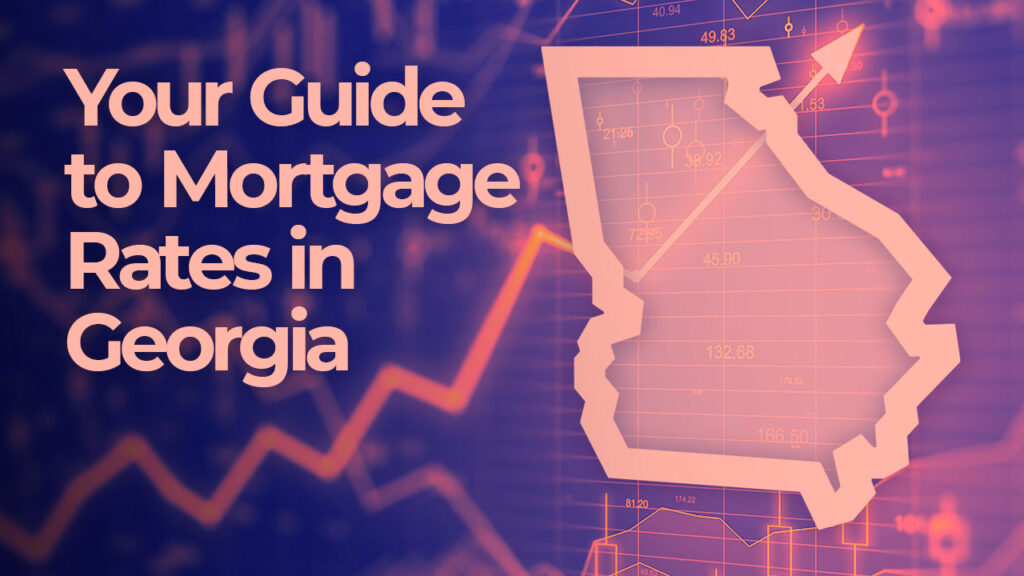Are small loans a solution, or merely a temporary fix? Let’s delve into the complexities of using small loans to tackle larger financial issues.
Understanding the Allure of Small Loans
Small loans offer quick access to funds, seemingly solving immediate financial pressures. But this convenience often masks deeper problems.
The Quick Fix Mentality
Many people view small loans as a simple band-aid solution, ignoring the root cause of their debt. 
Ignoring Underlying Issues
Before seeking a small loan, it’s crucial to address the underlying financial difficulties. Are you overspending? Do you lack a budget? Learn more about creating a sound financial plan.
The Debt Cycle Trap
Repeated reliance on small loans can lead to a dangerous cycle of debt, with interest accumulating and payments becoming overwhelming. 
Assessing Your Financial Health
Honest self-assessment is key. Are your current expenses sustainable? What steps can you take to increase your income? Consider consulting a financial advisor.
Budgeting and Expense Tracking
Creating and sticking to a realistic budget is crucial. Tracking your spending helps identify areas for improvement. Use budgeting apps or spreadsheets to maintain your financial health.
Debt Consolidation Strategies
If you already have multiple small loans, consolidating them into a single, lower-interest loan might be beneficial. Explore debt consolidation options.
Negotiating with Creditors
Don’t hesitate to reach out to your creditors and explain your situation. Negotiating payment plans can ease the pressure.
Emergency Funds: A Safety Net
Building an emergency fund is vital to avoid relying on small loans for unexpected expenses. Aim for 3-6 months’ worth of living expenses.
Seeking Professional Advice
Financial counselors can provide valuable guidance and support. They can help you develop a plan to manage debt and improve your financial well-being. 
Long-Term Financial Planning
Small loans shouldn’t be a long-term solution. Develop a comprehensive financial plan that addresses your goals and aspirations. Read our guide to long-term financial planning.
The Importance of Credit Score
Multiple small loans can negatively impact your credit score. Learn how to improve and maintain a healthy credit score. Check your credit report regularly.
Understanding Interest Rates and Fees
Small loans often come with high interest rates and fees. Understand the terms before borrowing.
Alternatives to Small Loans
Explore alternative options, such as borrowing from family or friends, or seeking assistance from charities or non-profit organizations.
Responsible Borrowing Habits
Learn to borrow responsibly. Only borrow what you can afford to repay, and always read the fine print.
Investing for the Future
Start investing early and consistently to build wealth and financial security. 
The Dangers of Payday Loans
Payday loans, a type of small loan, often carry extremely high interest rates and can trap you in a cycle of debt. Avoid them if possible. Learn more about the risks of payday loans.
Conclusion
Small loans might provide temporary relief, but they’re rarely a sustainable solution for larger financial problems. Addressing the underlying issues, budgeting carefully, and seeking professional advice are crucial steps towards long-term financial health.
Frequently Asked Questions
What are the signs that I need more than just a small loan? If you find yourself repeatedly needing small loans, it’s a clear sign you need a broader financial solution. Consider seeking professional help.
How can I avoid the debt cycle trap? Create a budget, track your spending, and only borrow what you can afford to repay. Avoid high-interest loans.
What are some alternatives to small loans? Explore options like borrowing from family/friends, negotiating with creditors, or seeking assistance from non-profit organizations.
How can I improve my credit score? Pay your bills on time, keep your credit utilization low, and monitor your credit report for errors.
Where can I find a financial advisor? You can find financial advisors through referrals, online directories, or your bank.


